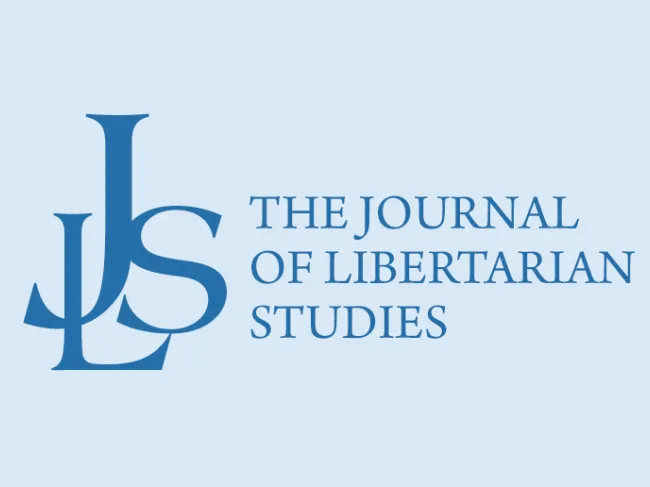- William Graham Sumner: Against Democracy, Plutocracy, and Imperialism, by H.A. Scott Trask. Sumner was a prolific and astute historian of the early American republic whose work is informed by both his classical liberalism and his understanding of economics. Although not an anarchist, Sumner argued that even the best governments posed a constant threat to the liberty of individuals. Writing in the late 1800s, Sumner accurately predicted the course of the 20th century as being the most imperialistic and warlike in history, with the spread of social democracies leading to interest groups voting themselves plunder, and politicians squeezing plunder from their constituents.
- Sovereignty, International Law, and the Triumph of Anglo-American Cunning by Joseph R. Stromberg. Stromberg paints a picture of sovereignty spread over more than two millennia, from Greek, Roman, and Stoic notions of sovereignty to the modern notions. He reviews the Westphalian Order which established the modern nation-state, various theories of statehood and sovereignty, the American “exception” to these theories, post-1865 America, international law and international war, the rise of positive law, and notions including civilized warfare, the balance of power, and the use of international leagues to enforce peace by waging war. In modern practice, he points out, the idea of sovereignty is of little value, since the Bush doctrine claims that the U.S. can assert its own sovereignty while simultaneously denying everyone else’s.
- Tariffs, Blockades, and Inflation: The Economics of the Civil War by Robert B. Ekelund, Jr. and Mark Thornton. Reviewed by Thomas J. DiLorenzo. The U.S. “Civil War” was about a myriad of economic issues, including tariffs, central banking, wealth redistributions, land policy, international and interstate trading, and more. Yet, many Civil War books are written by “experts” with no understanding of basic economics, rendering their “scholarly” works of little value. As DiLorenzo points out, Ekelund and Thornton suffer no such problem. Indeed, their book explains the economic fundamentals, first by offering a primer on the economics of opportunity cost, specialization, trade, supply and demand, and rent seeking and interest groups, and then by applying these principles to explain the economic interests behind the war.


